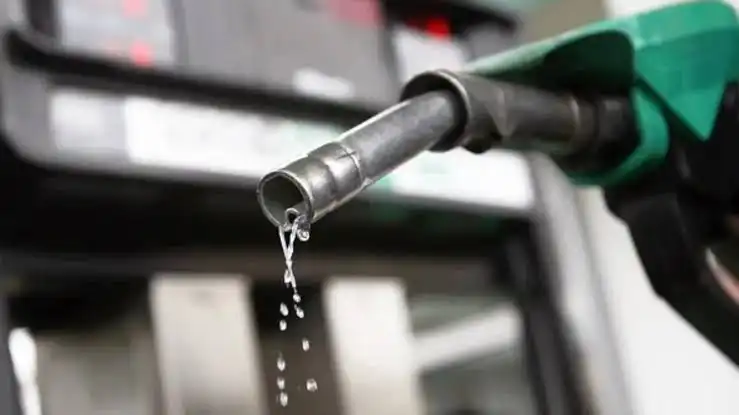The Independent Petroleum Marketers Association of Nigeria has announced that the price of petrol, known as Premium Motor Spirit, is expected to decrease as private investors enter the oil sector.
This statement was made by the association’s National President, Chinedu Okoronkwo, during a press conference in Abuja on Wednesday.
Okoronkwo reiterated the association’s support for President Bola Tinubu’s removal of fuel subsidies and expressed optimism that this action would attract more private investors to the downstream sector.
He emphasized that once independent importation of fuel begins, the association, with its large membership, has the capability to lower fuel prices.
Additionally, Okoronkwo stated that the association has decided to utilize Compressed Natural Gas (CNG) as an alternative energy source to mitigate the impact of subsidy removal. He mentioned that adopting CNG would provide a better and more sustainable solution to the fluctuating petrol prices in the global market.
The IPMAN president also disclosed that they agreed to revive the CNG conversion program, previously established in collaboration with labor centers in 2021, and develop a detailed plan for its implementation and timing.
CNG, composed mainly of methane and producing fewer emissions, is considered the cleanest burning fuel available today, leading to reduced vehicle maintenance and extended engine lifespan.
Supporting the removal of subsidies and the use of CNG, Okoronkwo emphasized that introducing CNG as an alternative energy source, which is even cheaper than firewood, would alleviate the burden on the government and its citizens.
He explained that the removal of subsidies was necessary due to the challenging exchange rate for the dollar and highlighted that Nigeria does not have crude refining capabilities but primarily focuses on production.
Furthermore, Okoronkwo pointed out that Nigeria has abundant reserves of CNG, particularly in the Niger-Delta region, where significant amounts of gas are being wasted through flaring. He urged the government to create a market for CNG and suggested following the examples of Egypt and India, where soft loans were provided to facilitate the adoption of gas-powered vehicles instead of traditional fuel.










